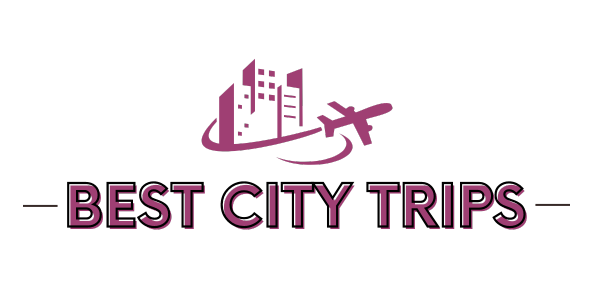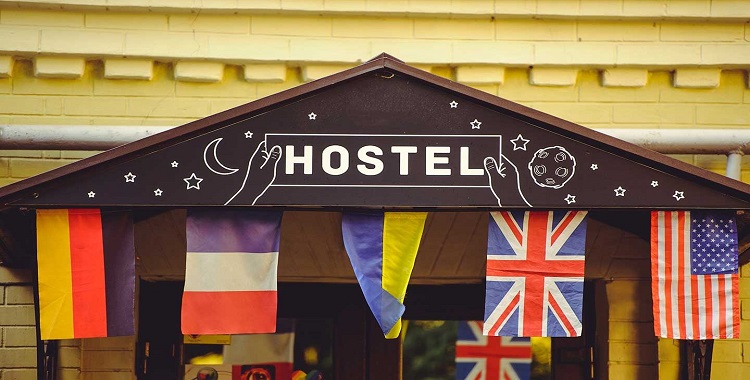Things you should know when booking a hostel ( an insiders view)
Fact: Hostels are becoming more and more popular especially with the recession keeping an unhealthy watch over your budget. Obviously in these budget conscious days everyone is watching their pennies. This has had an interesting effect on who is staying in a hostel. No longer will you be sharing your dorm with an independent traveller, you may well now be sharing your dorm with a flashpacker, grey nomad, empty nester, university group and maybe even a family.
Walk in bookings are always touch ‘n’ go with so many travellers choosing hostel accommodation
O.k. so you have never stayed in a hostel or backpackers before. You know that hostels are cheap, usually located near the centre of town, are great for meeting people, may have a self catering kitchen, and if booking a dorm bed you will be sharing your room with other people.
Additionally you may have now been studiously reading your guide book or have been to your travel agent and now you want to book a hostel. So where do you book one? These days the selection of hostels written about in guide books are completely at the authors whim, while hostels offered by a travel agent may depend of the commission being paid to the agent by the hostel. Are there other options available? There sure are. With the development of the internet there are now a plethora of hostel booking portals online. The main ones are market leaders Hostelworld.com, Hostelbookers.com and Hostelsclub.com.
Lots of other websites including Lonelyplanet, Bootsnall and Hostelmania etc have booking engines, but are usually affiliate sites of the first three. Additionally the big chain hostels such as Plus Hostels, St Christophers, Base, Nomads and Wombats have their own websites with booking engines. In fact any self respecting hostel web site will have a booking engine. Just a quick explanation of a booking portal; A booking portal allows you to book a guaranteed bed in real time for the date of your choice if it is available. You pay a deposit and perhaps a booking fee to secure your bed and pay the remainder to the hostel on arrival.
Use a booking engine with a rating system and avoid places like this
How to use a Booking Portal.
As most of them have the same layout. It’s really simple.
- Select the destination
- Select the date
- Select the number of people
- Click Find Hostel or book now
Now things get a little complicated. The usual thing is for the results to be ordered by either availability, price and rating, and/or accommodation type. Most booking engines now give you a choice to select what former criteria you want your results to show up as.
All of the booking engines have a rating and reviews system. These reviews and ratings are given by the customers that have stayed at the hostels and are made up of the following: Location, cleanliness, character, security and staff and are usually scored 1 to 5 with 5 being the best score. They are then averaged and converted to a percentage which is what the portal shows as the rating.
A couple of things you should know about ratings.
- Check to see how many people have rated the hostel as quite often some highly rated hostels may not have had a high number of customers rating the hostels. These hostels are usually small 25 bed or mum and pop operations.
- Try to ascertain through the ratings and reviews whether the hostel offers value for money. Bigger hostels constantly find it hard to achieve a higher rating despite offering amazing facilities etc. simply due to the volume of bookings that they take and hence the number of people that have rated the hostel.
Avoid disappointment and and use a hostel booking site to check availability
- Customers rate the hostels. The booking engines see these ratings as sacrosanct and take a very harsh view of hostels that try to manipulate ratings. The reviews and ratings are the only part of a result that cannot be manipulated to get higher up the page. Price, availability and accommodation types can be.
- Ratings are wiped every six months so that the rating shown for a hostel should bare a close relationship to what is happening in the hostel when you book. OK, so that’s ratings and reviews out of the way. The other thing that people use to choose their hostel is availability and price. As these can both be manipulated by the hostels management (totally legally) simply by upping the availability of a certain bed type or using a bed type as a loss leader, it may take a bit of comparing between hostels to get the full picture.
A classic example of this is where hostels with lesser ratings will offer big dorms at a very cheap rate to attract customers to look at the hostel only for the customer to find that there is little or no availability to book. Because this moves the hostel close to the top of the web page, the better hostels are then forced to do the same creating price war in which the end loser is the customer as the hostel is forced to cut costs and value to compete.
Finally the ‘booking process’ is where the portals often differ, some charge booking fees, some don’t, some charge credit card fees, some don’t. Be aware though that any deposit that you pay (usually 10%) is not refundable as it is actually the sales commission taken by the portal and does not generally go to the hostel.
Same people in the same hostel, different city!
Another little useful titbit is that if you fail to show for your reservation or fail to cancel 24 hours before your arrival date then the hostel is entitled to charge your credit card for one nights’ accommodation. Make sure you check the terms and conditions of your booking!
Conclusion
The last thing that you should know about hostel portals is that research shows that customers generally will not go to a hostels website to book as they don’t trust the website content as it is written by the hostel. Ironically the content used in the booking portal description of a hostel is not written by the website is in fact written by the hostel themselves. Go figure!
Happy Travels
 BESTCITYTRIPS
BESTCITYTRIPS




